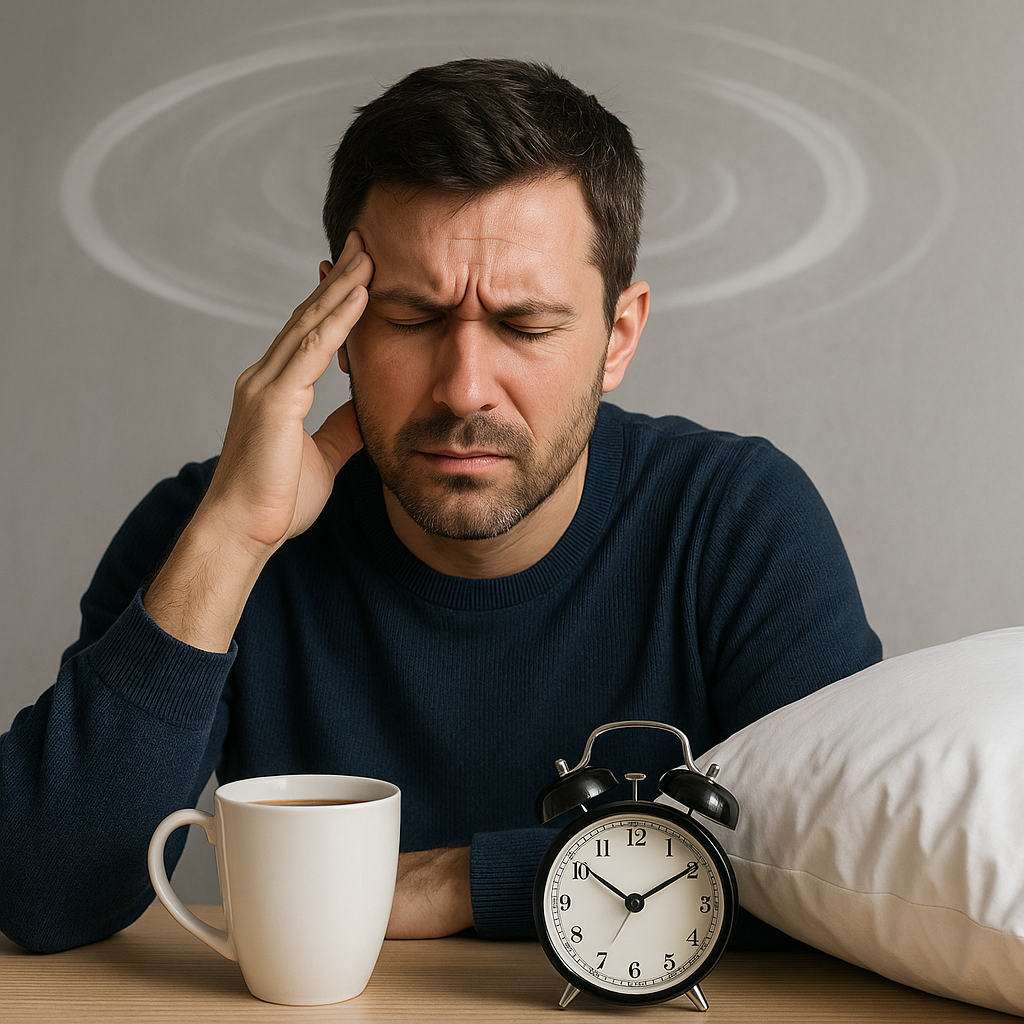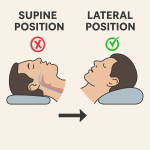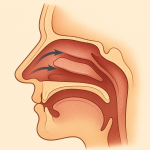Caffeine, Sleep, and Vertigo: What to Pay Attention to in Daily Life
Caffeine, Sleep, and Vertigo: What to Pay Attention to in Daily Life
Caffeine is one of the most widely used stimulants in modern life. While it helps increase alertness and focus, excessive consumption can disrupt sleep cycles and affect the body’s balance system, leading to dizziness or vertigo symptoms.
Effects of Caffeine on the Nervous System
Caffeine stimulates the central nervous system by blocking adenosine receptors. This reduces tiredness but may cause overstimulation. In high doses, it can lead to anxiety, rapid heartbeat, and dizziness.
The Connection Between Sleep and Vertigo
Adequate sleep is vital for maintaining balance and coordination. Poor sleep can intensify vertigo attacks. Consuming caffeine late in the day shortens deep sleep phases and prevents full recovery of the vestibular system.
Practical Tips for Everyday Life
-
Limit caffeine intake: Try not to exceed 300 mg per day.
-
Avoid coffee after 5 p.m.: It may delay sleep onset.
-
Stay hydrated: Dehydration can worsen dizziness.
-
Keep a sleep routine: Regular sleep stabilizes the balance system.
-
Manage stress: Anxiety can trigger vertigo episodes.
Conclusion
Moderate caffeine use can boost performance, but balance is key. Overconsumption disrupts sleep and may aggravate vertigo. Being mindful of caffeine timing and quantity is essential for a healthy lifestyle.




